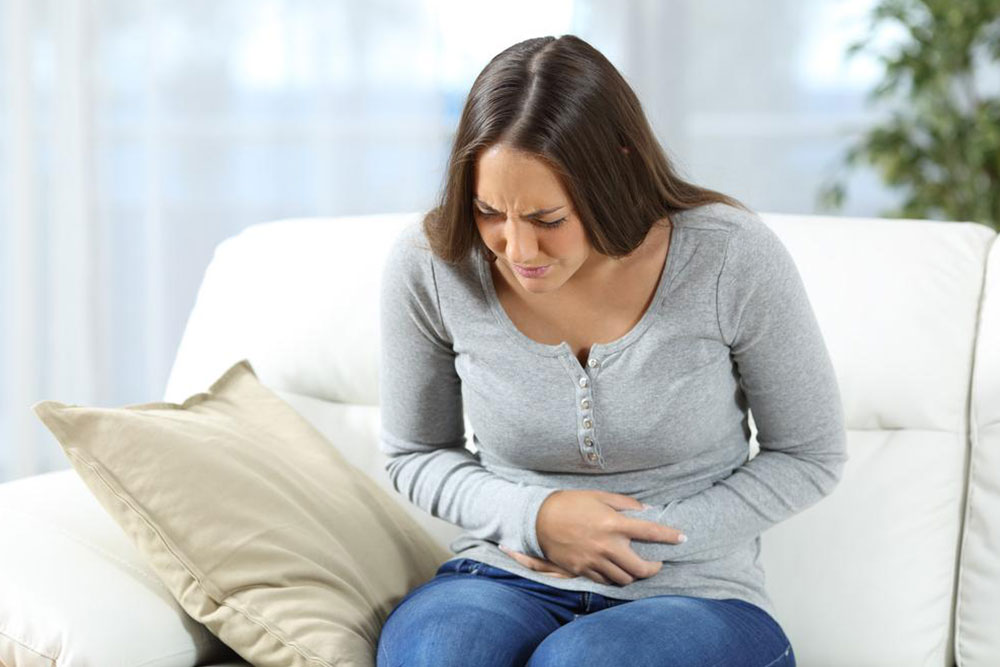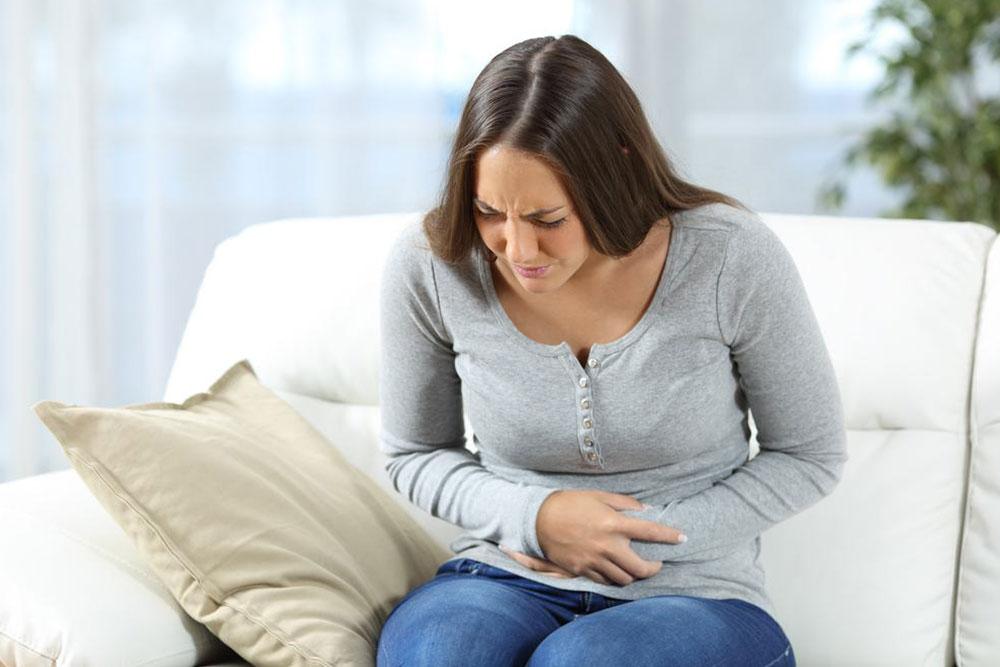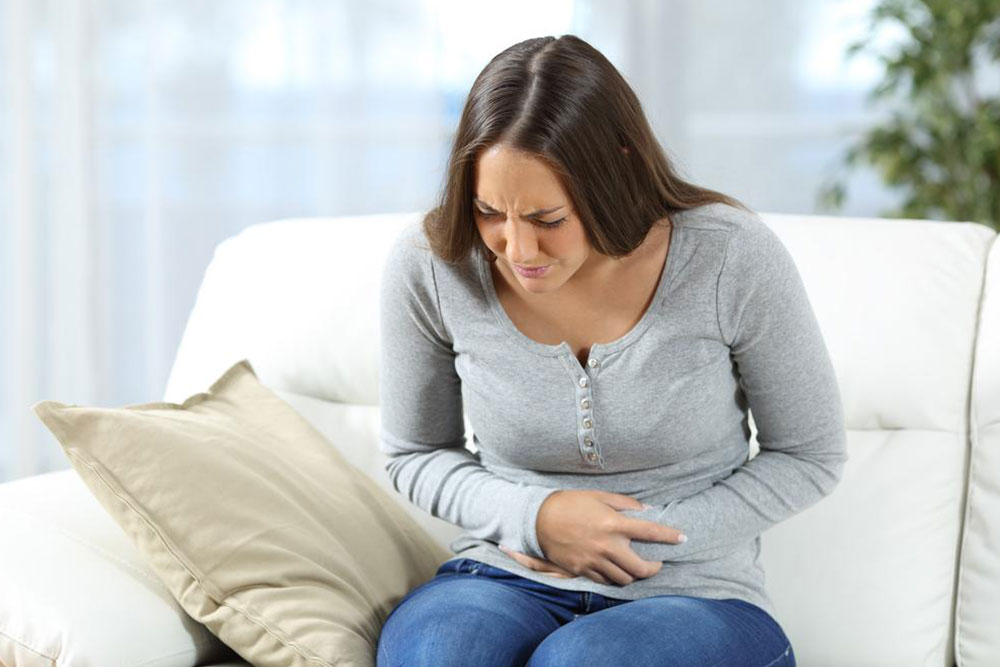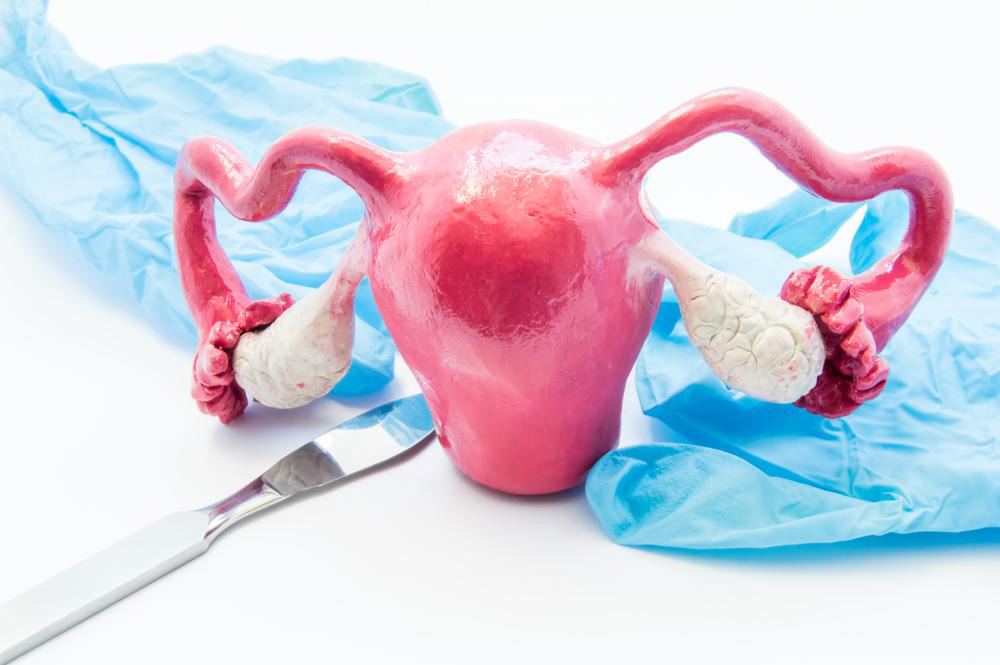Comprehensive Guide to Recognizing the Symptoms of Ectopic Pregnancy
Ectopic pregnancy is a life-threatening condition requiring immediate attention. This comprehensive guide highlights key symptoms like abdominal pain, bleeding, nausea, and fatigue. Early detection and prompt treatment are vital to prevent serious health risks. Learn how to recognize the signs, understand the causes, and seek urgent medical help to ensure safety and preserve reproductive health.

Comprehensive Guide to Recognizing the Symptoms of Ectopic Pregnancy
For many women and couples, pregnancy is a deeply anticipated and celebrated milestone in life. It signifies new beginnings and hopes for the future. However, amidst this joy, there are potential health complications that require immediate attention to ensure the safety of the mother and the baby. One such serious condition is ectopic pregnancy, which, if not identified and treated promptly, can lead to life-threatening consequences.
Understanding the early signs and symptoms of ectopic pregnancy is essential for women of reproductive age. Awareness enables early detection, timely medical intervention, and significantly reduces the risk of severe health complications. This article provides an in-depth overview of ectopic pregnancy, including its causes, symptoms, diagnosis, and treatment options. By recognizing the key clinical indicators, women can seek prompt care and protect their health.
Understanding Ectopic Pregnancy
An ectopic pregnancy occurs when a fertilized egg implants outside the uterus, most commonly in the fallopian tubes. Normally, fertilization results in an embryo that travels down the fallopian tube and implants in the uterine lining. However, in ectopic pregnancies, this process is disrupted, causing the embryo to embed in an abnormal location. This misplaced implantation can cause serious health issues, including rupture of the fallopian tube, internal bleeding, and shock if not diagnosed and managed early.
This condition usually occurs during the first trimester, often before a woman even realizes she's pregnant. Risk factors include previous pelvic infections, tubal surgery, infertility treatments, or certain hormonal disorders. Recognizing symptoms early is critical because, in most cases, the pregnancy cannot continue safely outside the uterine environment, and prompt intervention is necessary to prevent life-threatening complications.
Common Symptoms of Ectopic Pregnancy
Nausea and Persistent Vomiting
One of the most prevalent early symptoms is ongoing nausea accompanied by vomiting. These symptoms are often caused by hormonal fluctuations triggered by the pregnancy. When the implantation site is abnormal, toxins and pregnancy hormones like human chorionic gonadotropin (hCG) can build up abnormally, intensifying nausea. Persistent vomiting that does not improve with usual remedies warrants urgent medical evaluation, as it may be a sign of ectopic pregnancy or other serious issues.
Severe Abdominal and Pelvic Pain
Intense pain in the lower abdomen or pelvis is a hallmark indicator. Women often describe this as sharp, stabbing, or cramping pain that may come and go. The pain results from the stretching or tearing of the fallopian tube caused by the growing embryo. As the condition progresses, women might experience pain during physical activity, sexual intercourse, or even spontaneous pain at rest. In severe instances, the rupture of the tube can lead to sudden, severe pain and signs of internal bleeding, including dizziness, fainting, or shock.
Unusual Fatigue and Weakness
Extreme fatigue and feeling unusually weak are common in ectopic pregnancy cases. These symptoms are driven by blood loss, hormonal changes, and the body's overall stress response to internal bleeding and pain. Fatigue can significantly impair daily activities, and awareness of this symptom can prompt earlier medical consultation.
Light or Heavy Vaginal Bleeding
Vaginal bleeding may vary from light spotting to heavier bleeding akin to a menstrual period. The bleeding occurs due to the strain on the fallopian tubes and abnormal implantation process. Any vaginal bleeding during early pregnancy should never be ignored; it requires prompt evaluation by a healthcare provider to rule out ectopic pregnancy or other complications such as miscarriage or placental issues.
Persistent Pelvic or Lower Back Discomfort
Persistent or worsening pelvic pain, especially during physical examination or intercourse, may indicate an ectopic pregnancy. Such discomfort might be localized or radiate to the lower back or rectal area, signaling the need for immediate medical assessment. Recognizing these symptoms early can contribute to prompt diagnosis and effective treatment, often involving medication or surgical intervention.
In conclusion, recognizing the symptoms of ectopic pregnancy is crucial for timely intervention. Women experiencing any combination of the symptoms discussed should seek urgent medical care to prevent life-threatening complications and ensure their reproductive health is safeguarded. If diagnosed early, ectopic pregnancies can often be managed successfully, preserving future fertility and health.




